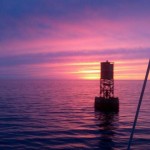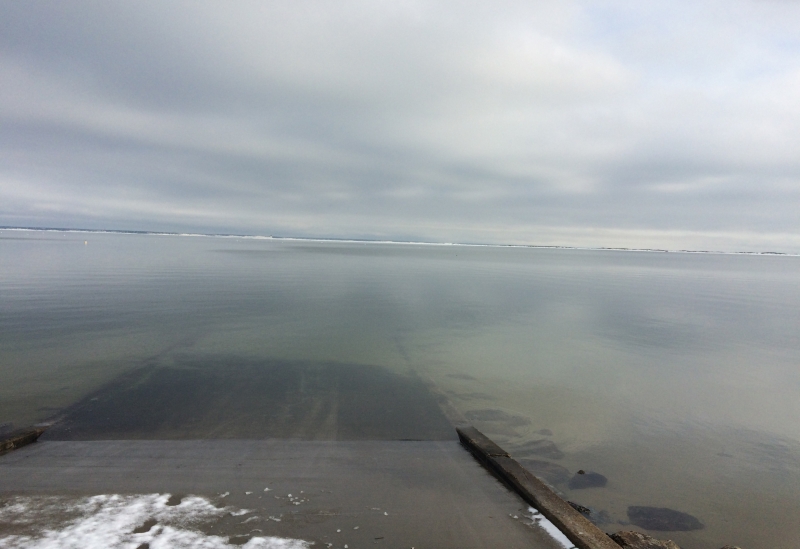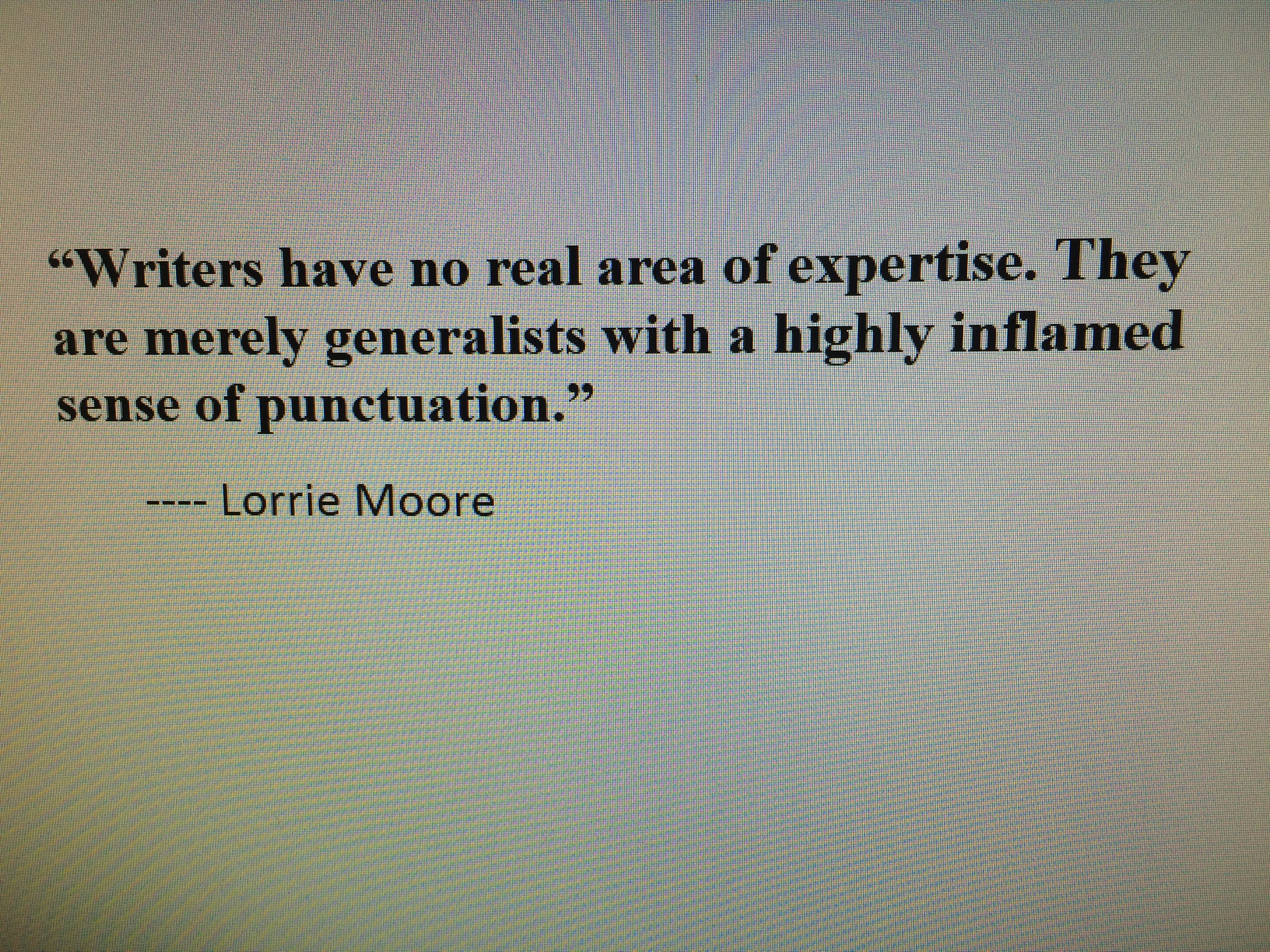A Light at the end of the road
Yesterday I drove from Boston back home to Provincetown—a trip I’ve made a 1,000 times.
The trip is all highway until the last 26 miles through what is known as the “lower Cape.” There’s little that is scenic until that last leg of the trip and to get that far can be trying. A single lane from Dennis to Orleans seems to be manned by a continuous shift of senior citizens whose single goal in life is to slow traffic to an ungainly crawl. This stretch is known as “suicide alley,” so named that because of the number of accidents that occurred before it was made into a single lane, no-passing zone in either direction.
It’s sheer hell to be stuck directly behind one of these drivers. You can see miles of space in front of them, yet there’s simply no way to pass. I’ve often considered the experience like something from a Greek myth. (Had Route 6 been around at the time, Sisyphus would not have been fated to roll a rock up a hill, he’d have been sentenced to driving suicide alley from beginning to end, only to have to do it over again at a slower speed.) I am fond of saying the road is still called suicide alley because by the time you’re done, you’re suicidal. However, that’s not why I’m writing about this particular trip.
Delivered at last from a tedious 30 minutes behind someone who clearly had no place to go for the rest of his life, I encountered a gauntlet of orange cones that created another no passing zone due to construction by the side of the road. (There was no one working. There never seems to be. I expect this experience to last all winter just as an extra treat for the locals, but that’s neither here nor there.) The driver ahead of me seemed unable to cope with the situation, and traffic slowed to a crawl behind her.
After reading this far, you must feel that you are stuck behind one of the geriatric pace cars I’ve just described. Hang on to that emotion and use it to imagine my state of mind as I finally exited the construction area. By this time, I’d begun to think that the very notion of living on the Outer Cape in winter was an incredibly stupid one. With so few people around, the glacial pace of construction work, and the amount of time it takes to get anywhere, I had pretty well convinced myself that, like most of my friends and neighbors, I should leave for the winter.
When I saw the cars stopped on either side of the road and at least 30 sets of flashing blinkers, I immediately assumed it was another delay. I told myself this was the final straw, that I’d “had it,” and would give up on the life I’d anticipated for nearly 20 years. That life had been destroyed by the influx of money and greed that had turned the Cape into yet another suburban outpost. There was no point in staying on in such a place. Then the traffic stopped altogether, and my blood began to boil.
Folks were out of their cars. Every person was looking toward the marsh at Blackfish Creek. (Another place I’ve passed a thousand times.) They were all smiling, pointing and talking to each other. A few began to applaud. And that’s when I saw it: an enormous, perfectly round ball of red-pink in a sky of royal purple. I’ve never seen a sunset quite that color, and it was obvious neither had the other motorists. I attempted to pull to the roadside, hoping to get a picture. There were so many people stopped to watch, there was no place to park. That was not a problem since the traffic had stopped as well.
I sat for a few moments until the car in front of me began to move. The driver kept looking to his left. He seemed reluctant to leave, and so was I, for in that time I’d recalled all the reasons I’d changed my life and endured isolation, week long power failures, and the monotony of endless winter days. It was for moments like this I’d left my job and decided to live here year-round.
It wasn’t long after I got home that news of the Paris massacres began to filter in. As I mourn the senseless loss and a ponder how we can ever get past all the divisions, greed, and selfishness that characterize these times, that shared moment at sunset has taken on increased importance in the light of a new day.
My experience is not profound, nor particularly newsworthy. We all have moments of beauty within our days. The point is whether we can break through our frustration with and abhorrence of the acts of others to take the time to appreciate what is right there before us. Somehow, the notion of people stopping everything to witness a little bit of beauty by the side of the road seems like a ray of hope to me. Here’s hoping the concept catches on.
- A. C. Burch On Writing - December 15, 2017
- Join Me at the 2nd Annual Provincetown Book Festival Sept 15 & 16th 2017 - September 12, 2017
- Provincetown Heroes - May 28, 2017









Leave a Reply
Want to join the discussion?Feel free to contribute!